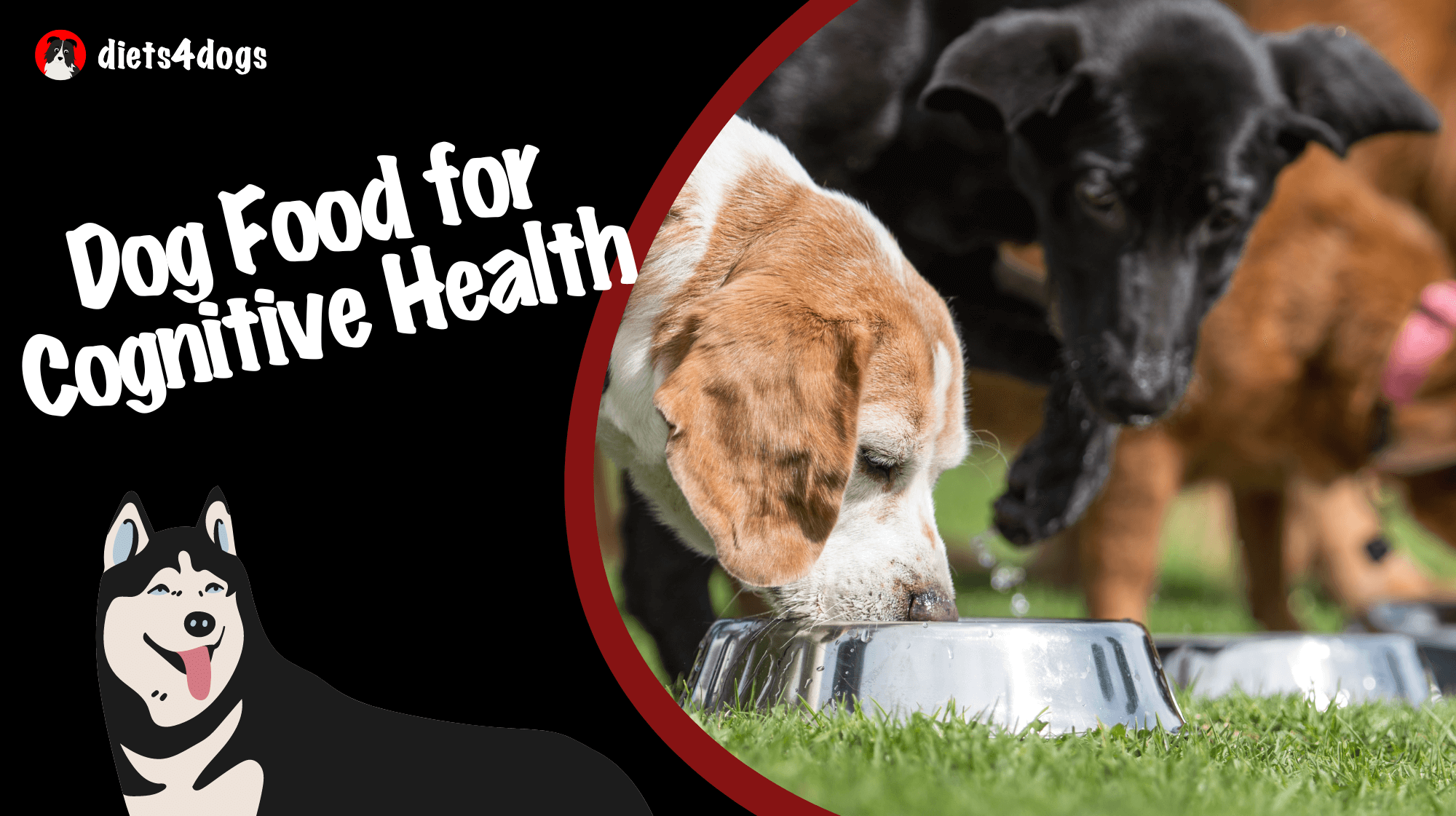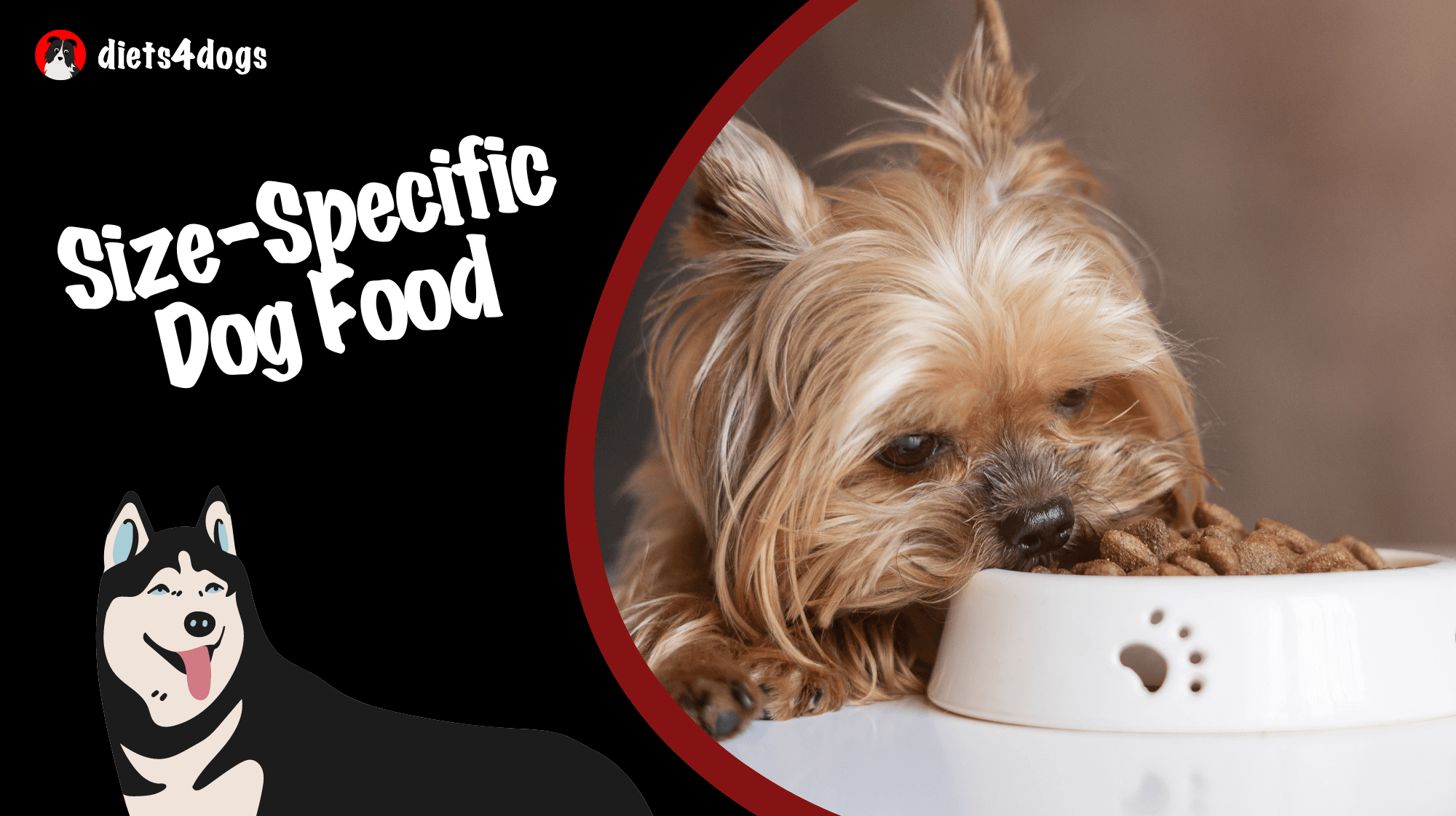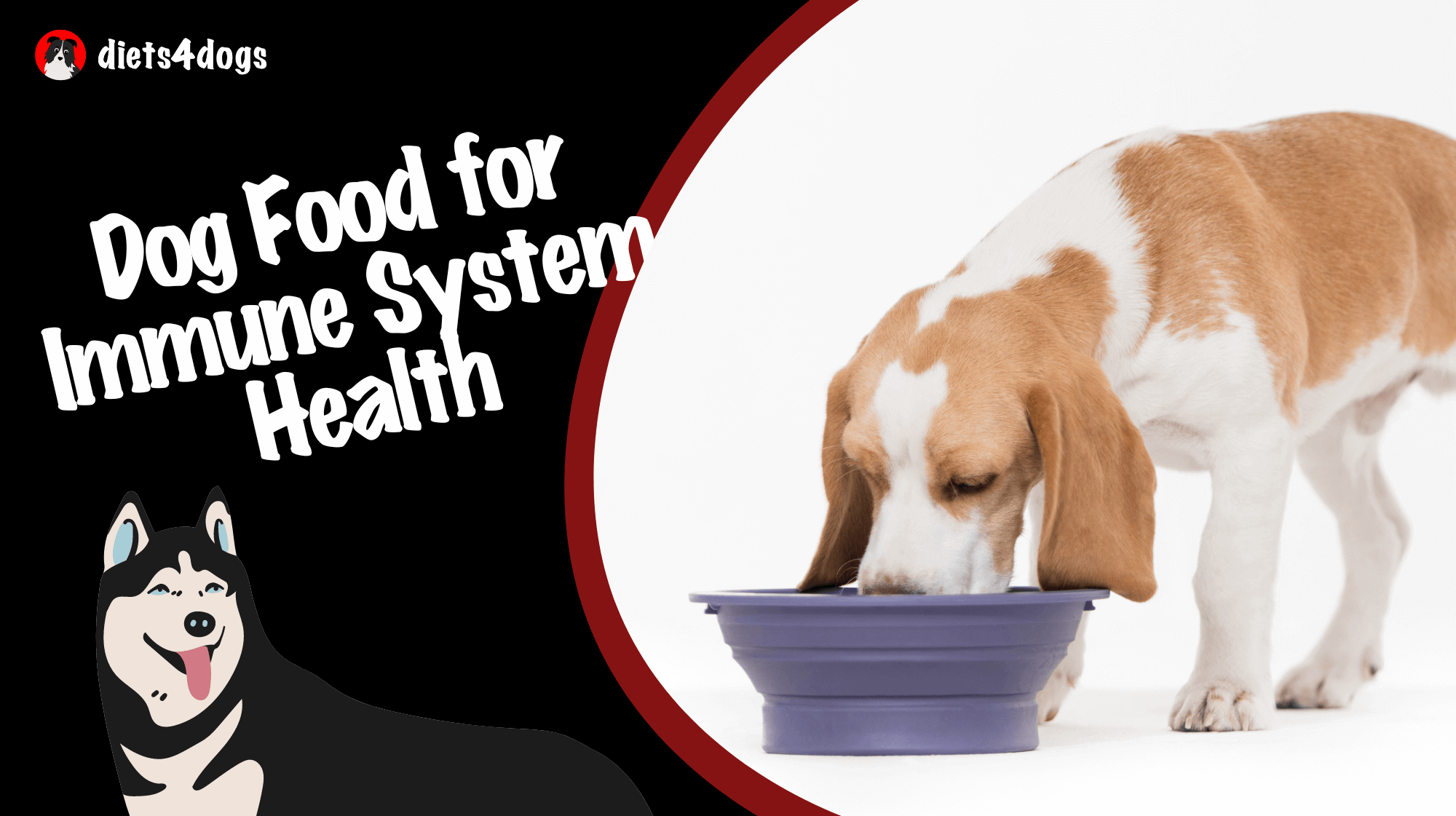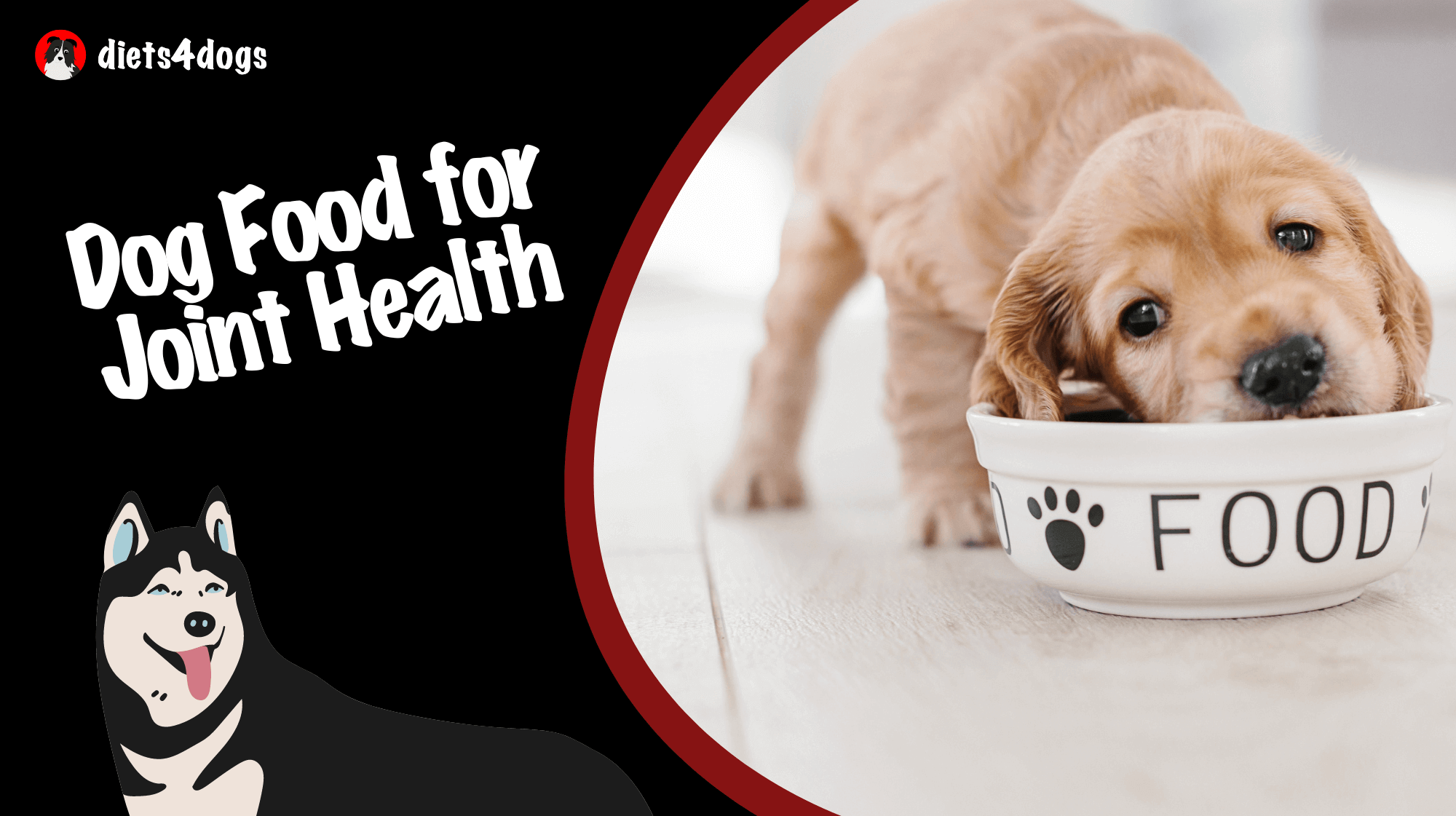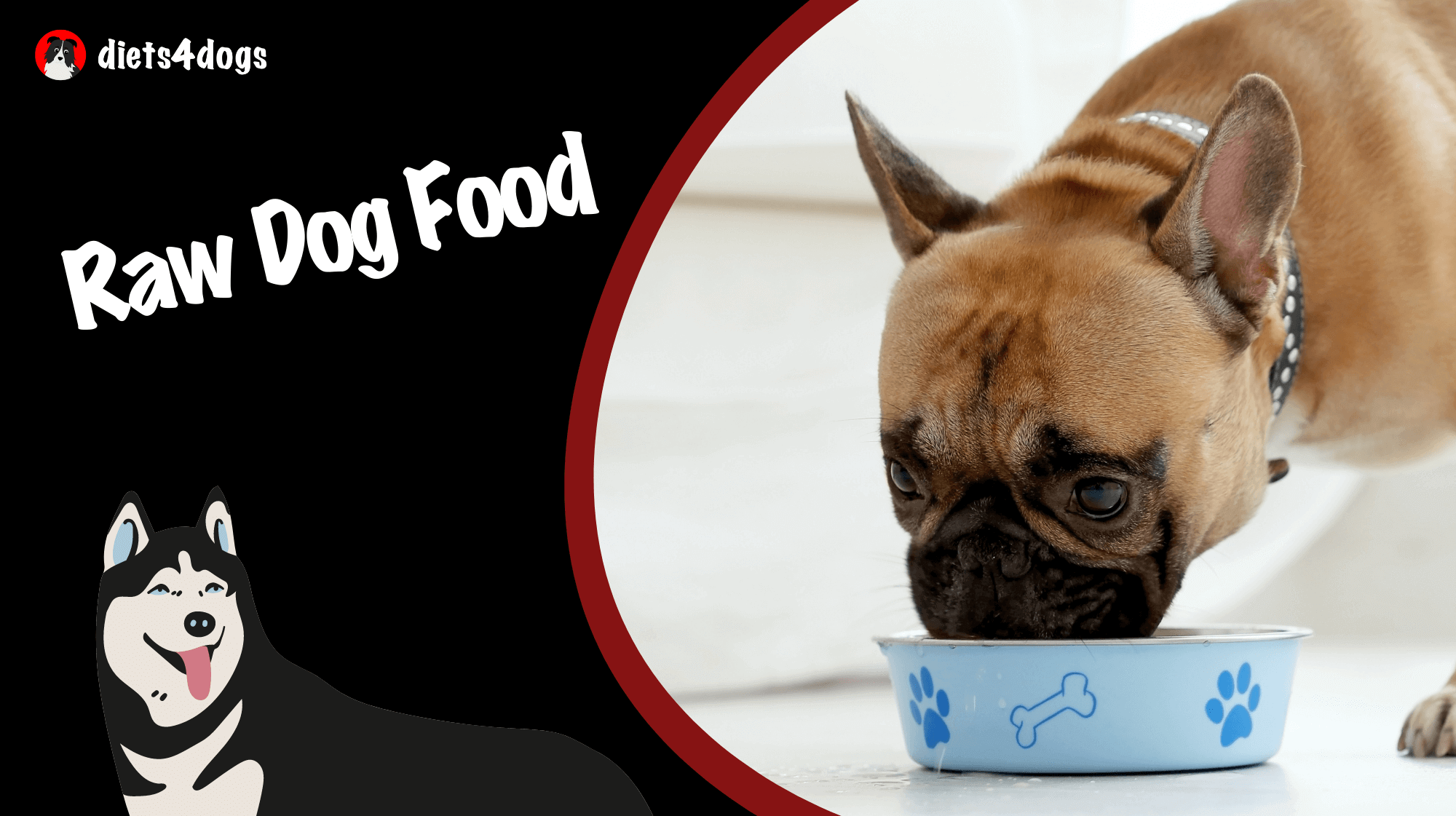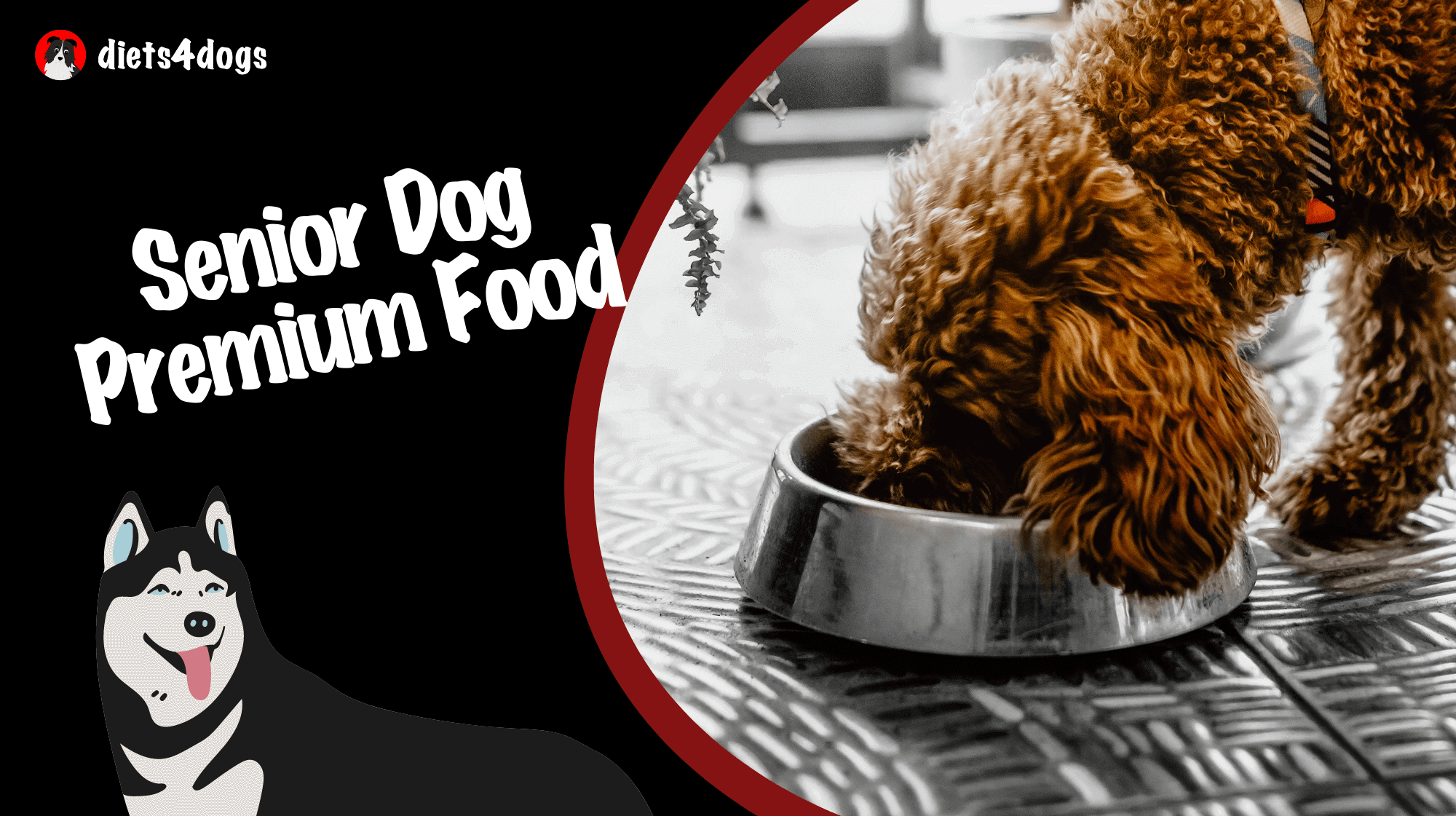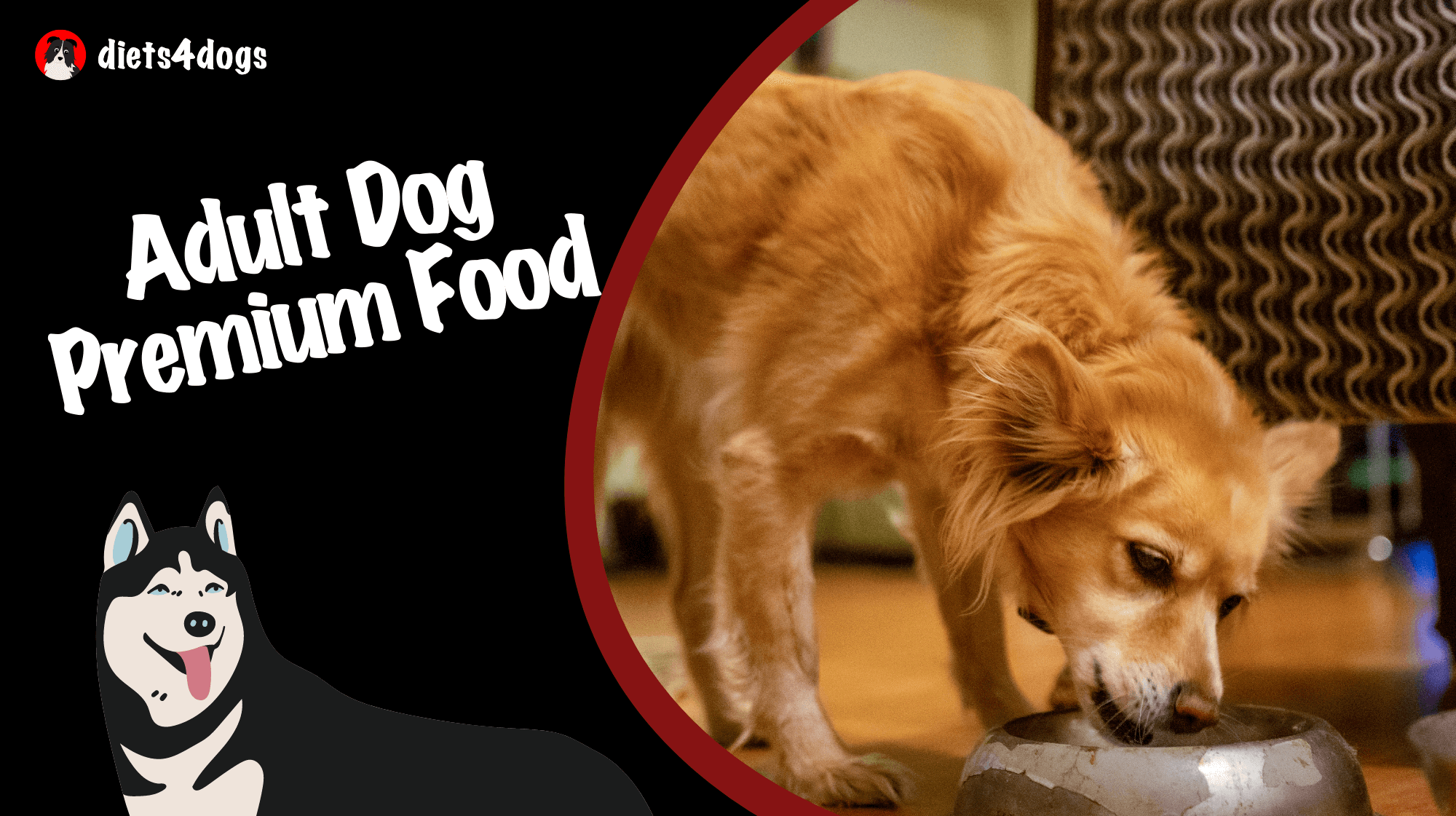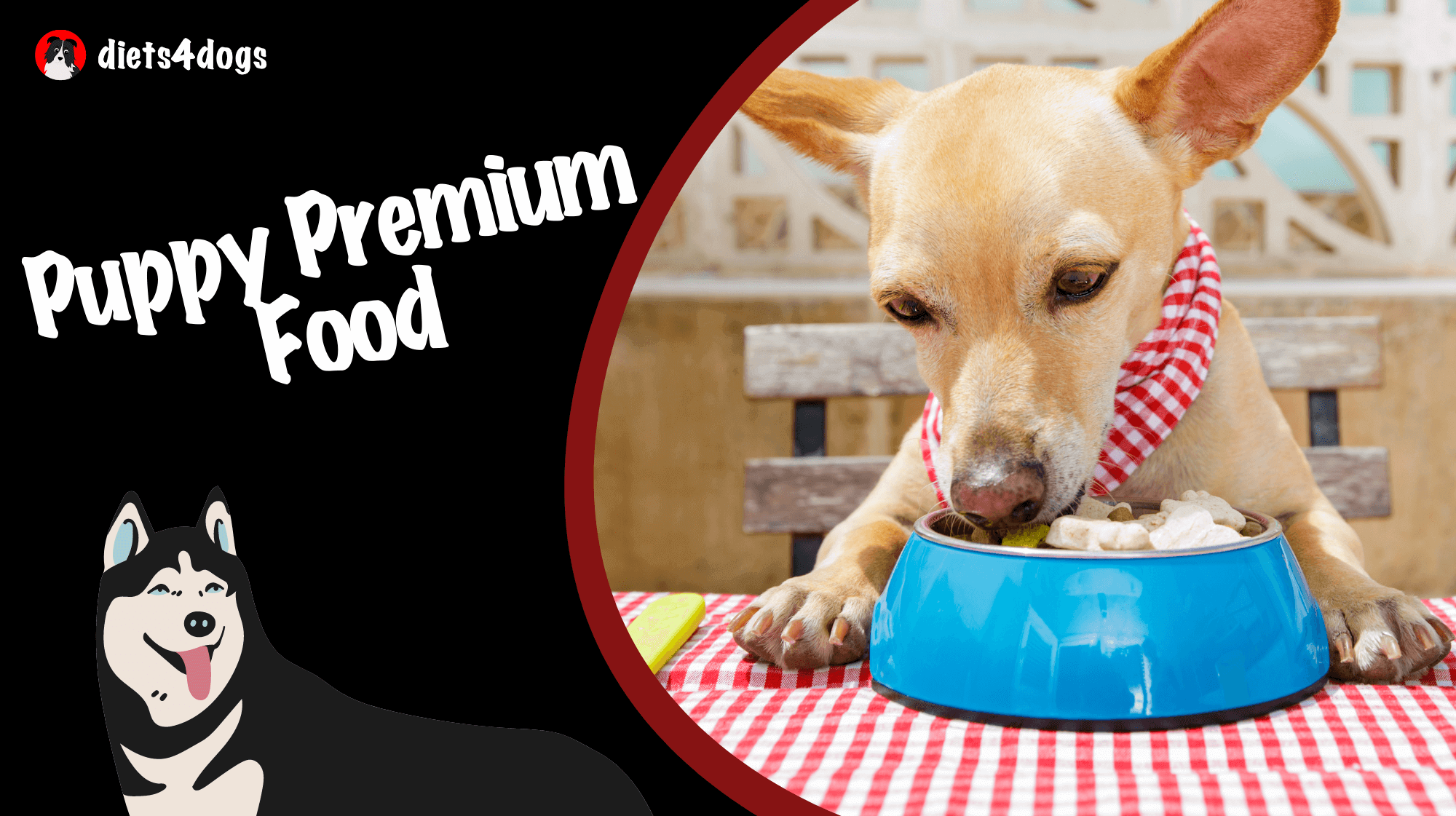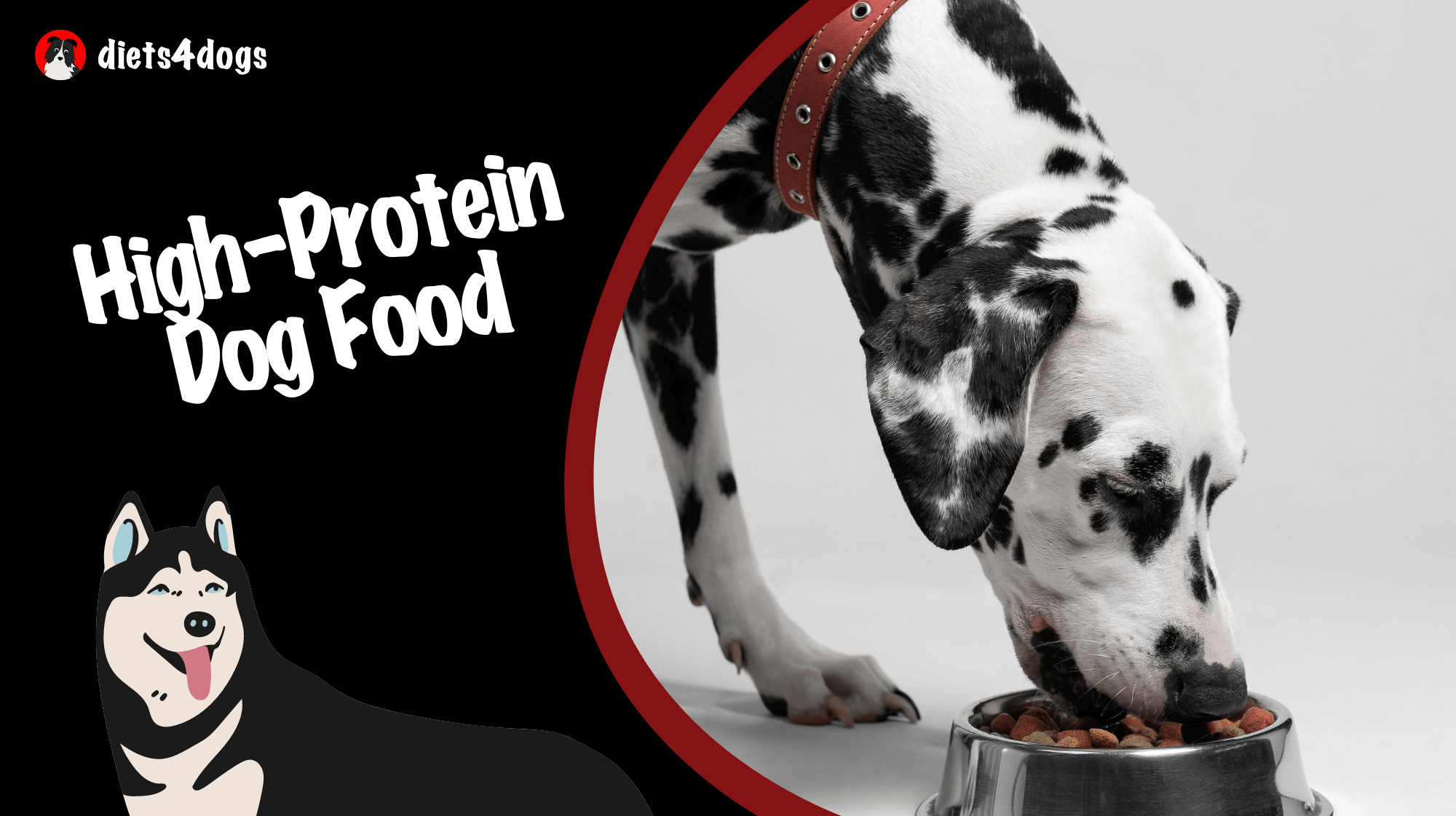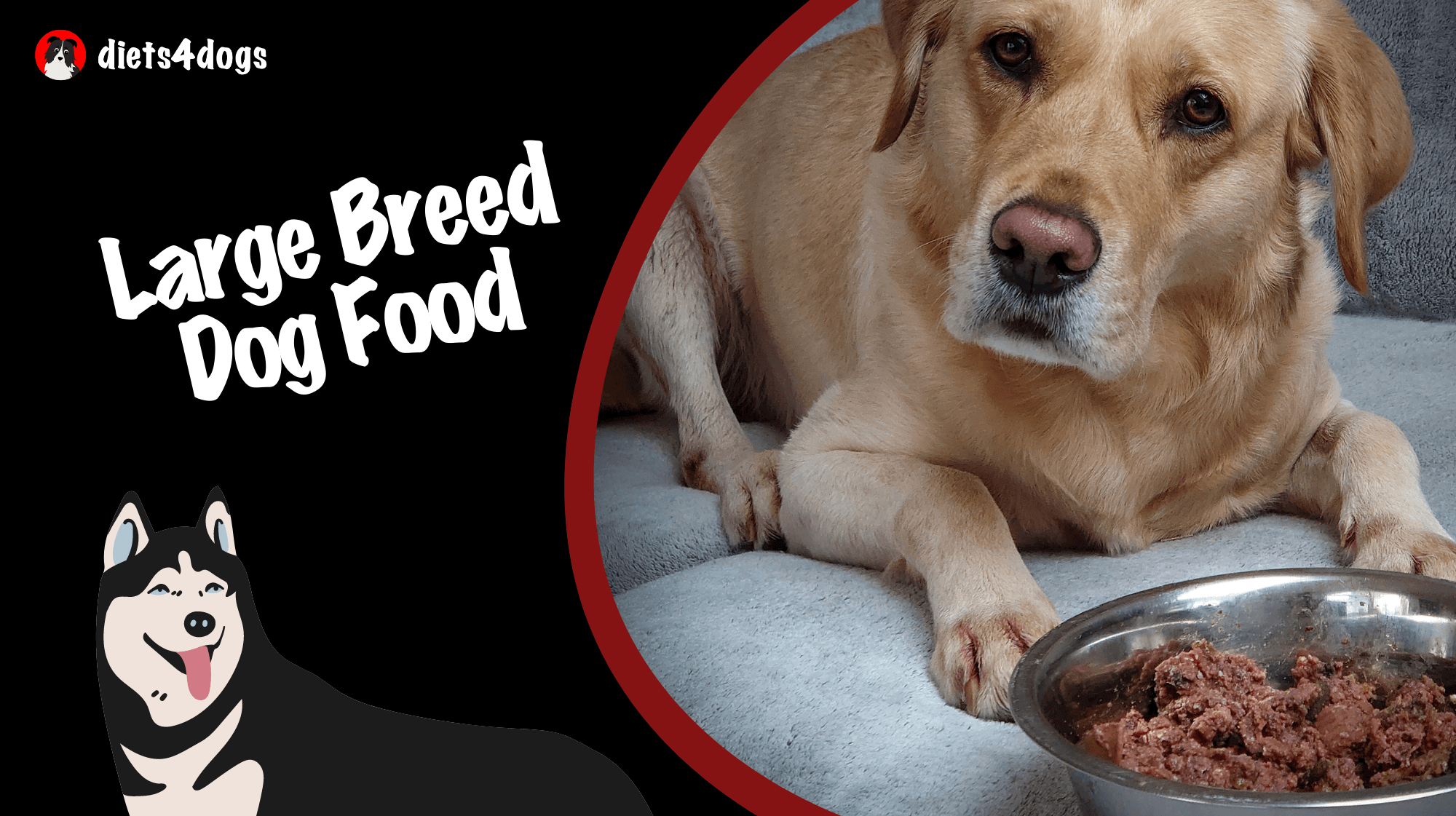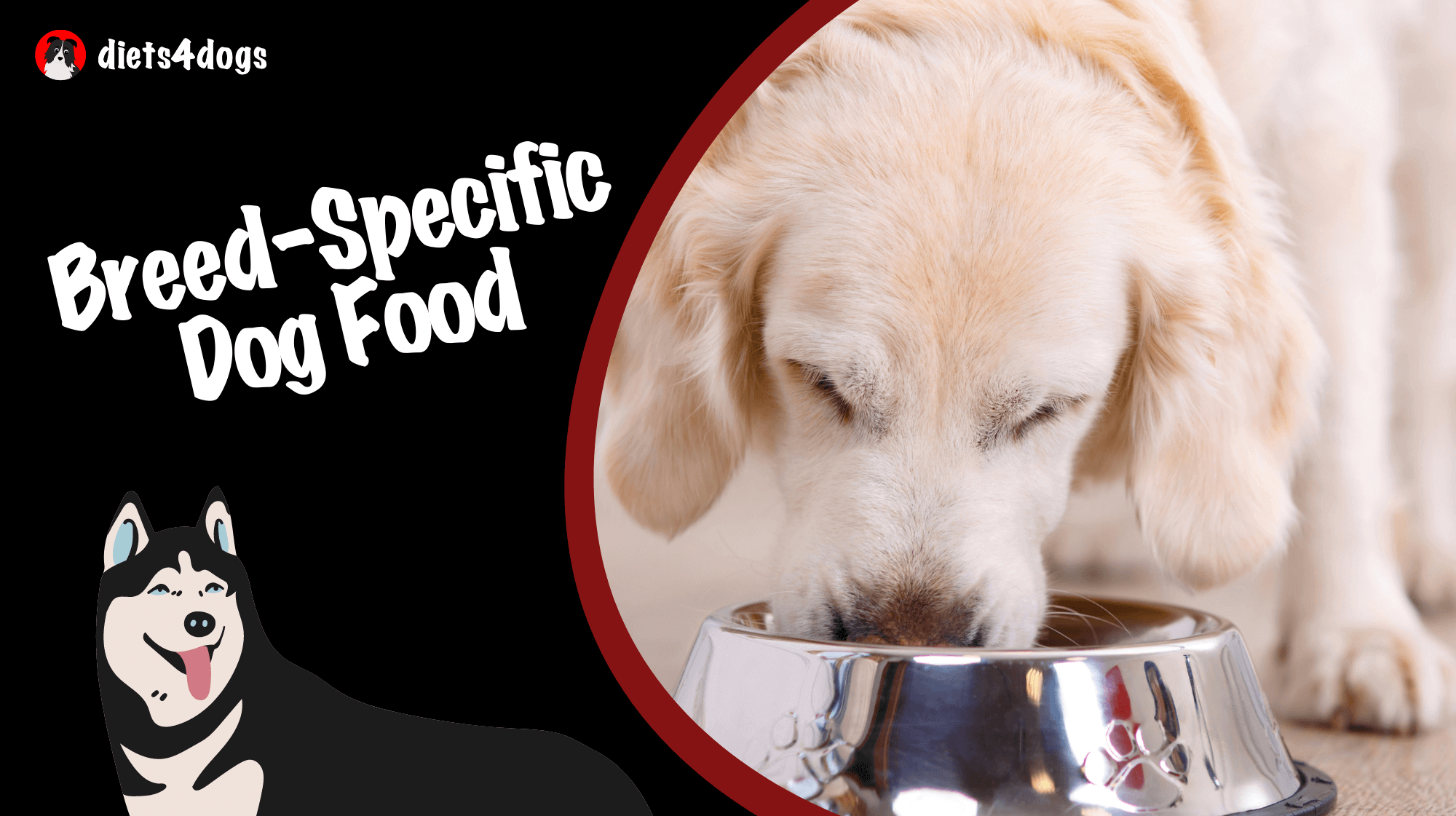Welcome fellow dog lovers and food enthusiasts! 🐶 Just as we humans strive to maintain our cognitive health, it’s vital that we prioritize the same for our furry best friends. Enter the world of premium dog food, brimming with nutrients like antioxidants, DHA, and essential fatty acids, all specially designed to support your pup’s cognitive function and overall brain health. So, wag your tail in excitement and prepare to dig deeper into delicious, brain-boosting dog food that will have your canine companion barking for more! 🥩🧠
Dog Food for Cognitive Health
Dog food for cognitive health refers to premium dog food options that are specially formulated with specific nutrients like antioxidants, DHA, and essential fatty acids to support brain health and cognitive function in dogs. These nutrient-rich foods are essential for maintaining a dog’s mental sharpness, especially as they age, promoting overall well-being and improved quality of life.
Unlock the Power of Antioxidants
First on the list of brain-boosting ingredients in premium dog food is antioxidants. These little powerhouses are responsible for combating harmful free radicals in your dog’s system, which can lead to cognitive decline, among other health issues. There are several types of antioxidants, but some common ones in dog food include vitamins E and C, selenium, and carotenoids like beta-carotene. Providing your furry friend with a diet rich in antioxidants supports brain health and helps maintain their cognitive function.
Delicious Antioxidant-Rich Foods
Is it time to jazz up your pup’s menu? Consider adding antioxidant-rich foods like blueberries, spinach, and carrots to enhance their diet. These can be mixed in with their favorite premium dog food for an extra cognitive health boost. Of course, always check with your veterinarian before introducing any new foods to your dog’s daily regimen.
Nourish with Omega-3 Fatty Acids
Omega-3 fatty acids, particularly DHA (docosahexaenoic acid) and EPA (eicosapentaenoic acid), play a crucial role in maintaining cognitive health in dogs. These essential fatty acids support cell membrane health and promote the proper functioning of neurons, resulting in improved memory and learning abilities.
Sources of Omega-3 Fatty Acids
One fantastic source of Omega-3 fatty acids is fish and fish oil, especially cold-water fish like salmon, sardines, and mackerel. Premium dog food formulated with these ingredients nourishes your dog’s brain and supports cognitive health. Flaxseed is another valuable source of Omega-3s and can be found in some high-quality dog foods. Make sure to check the label for these omega-rich ingredients while shopping for your pup’s food.
Boost their Mental Vitality with B Vitamins
Just like in humans, B vitamins are essential for optimal cognitive health in dogs. Vitamins like B6, B9 (folic acid), and B12 play a vital role in maintaining healthy nerve function, regulating energy levels, and supporting optimal brain functioning. A diet rich in these B vitamins will help sharpen your dog’s mind and call for a well-deserved belly rub.
Where to Find B Vitamins
When it comes to premium dog food, you can find many forms of B vitamins in the ingredients list. Ingredients such as lean meats, liver, dairy products, and whole grains are excellent sources, contributing to a balanced and healthy diet that fosters cognitive well-being.
Consider a Cognitive Health Supplement
If you’re looking for an additional boost, consider integrating a cognitive health supplement into your dog’s diet along with premium dog food. Supplements focusing on cognitive health typically contain antioxidants, Omega-3 fatty acids, B vitamins, and other nutrients that support brain health. However, always consult your veterinarian before adding any supplements to your dog’s diet to ensure they’re appropriate for your pup’s specific needs.
Keep Their Minds Sharp with Mental Stimulation
As you provide optimal nutrition through premium dog food, don’t forget to engage your dog’s mind for extra brain support. Mental stimulation is crucial when striving for cognitive health in pets. Interactive toys, puzzle feeders, and fun training sessions can help improve your dog’s cognitive performance and make their tails wag a mile a minute!
Tailoring Dog Nutrition to Age and Breed
When aiming to provide the best dog nutrition for cognitive health, taking your pup’s age and breed into consideration is crucial. Different life stages and breeds have varied nutritional requirements—some may need more omega-3 fatty acids or vitamins, while others may require tailored caloric intakes. By understanding your dog’s specific needs, you’ll create the perfect diet to support their cognitive health and overall well-being.
Food for Puppy Brains
Puppies are in a critical stage of growth and development and require optimal nutrients to support their rapidly expanding brains. Premium dog foods, specifically designed for puppies, are typically formulated with higher levels of antioxidants, DHA, and essential fatty acids. Failing to provide adequate cognitive support during these formative years could lead to long-lasting consequences in adulthood.
Senior Dog Nutrition
As dogs grow older, their nutritional needs change. Age-related cognitive decline is a common concern for senior dogs. It’s essential to provide a diet targeted at supporting their mental health. Look for premium senior dog foods, rich in antioxidants, Omega-3 fatty acids, and B vitamins, to help maintain cognitive functioning as your dog ages gracefully.
Breed-Specific Nutrition
With various breeds, sizes, and energy levels among dogs, finding the right formula for cognitive support can be challenging. Large breeds tend to age quicker, and small breeds often live longer. Some dogs may need more calories to fuel their energy, while others may require a focused nutrient balance to support their genetic predisposition. Consult your veterinarian and choose a premium dog food specifically tailored to your dog’s breed to ensure it meets their unique nutritional requirements for cognitive well-being.
Don’t Forget Regular Vet Checkups
Lastly, remember that nothing replaces regular checkups with your trusted veterinarian. While providing premium dog food and focusing on cognitive-enhancing nutrition is critical, only a veterinarian can thoroughly assess your dog’s health and identify potential cognitive issues. Schedule a regular wellness exam for your furry friend and work together with your vet to create a well-rounded plan for your dog’s cognitive health.
FAQs: Cognitive Health and Dog Food
Got questions about choosing the best dog food for cognitive health? We’ve got you covered! Here’s a helpful FAQ section to address some common concerns and queries related to dog nutrition and brain health. Let’s dig in!
1. How do antioxidants in dog food help cognitive health?
Antioxidants, such as vitamins E and C, selenium, and carotenoids, combat harmful free radicals present in your dog’s system. A diet rich in these nutrients supports brain health and helps maintain cognitive function, especially as your dog ages.
2. What are some good food sources of Omega-3 fatty acids for dogs?
Fish and fish oil, particularly cold-water fish like salmon, sardines, and mackerel, are excellent sources of Omega-3 fatty acids. Flaxseed is another beneficial source, which can be found in some high-quality dog foods.
3. Can I give my dog human-grade dietary supplements for cognitive health?
While some human-grade supplements may share similarities with those for dogs, it’s best to consult with your veterinarian before introducing any supplements to your dog’s diet. They can recommend the appropriate dosage and formulation specifically designed for your dog’s needs.
4. Is it necessary to feed breed-specific dog food for cognitive health?
Feeding breed-specific dog food can be beneficial, as different breeds have unique nutritional requirements. Consult with your veterinarian and choose a premium dog food specifically tailored for your dog’s breed to ensure optimal cognitive well-being.
5. Can I make homemade dog food for cognitive health?
Yes, you can make homemade dog food to support your dog’s cognitive health. However, it is essential to consult with your veterinarian to create a balanced and nutritionally complete meal plan tailored to your dog’s needs.
6. When should I introduce a cognitive health-focused diet for my dog?
While it’s never too early or too late to introduce a cognitive health-focused diet, addressing your dog’s cognitive needs right from the puppy stage is crucial for optimal brain development.
7. Can mental exercises improve my dog’s cognitive health?
Definitely! Engaging mental exercises, such as interactive toys, puzzle feeders, and training sessions, can help improve your dog’s cognitive performance and overall cognitive health.
8. How often should I change my dog’s food for cognitive health?
Regularly rotating your dog’s premium dog food within their dietary guidelines is a good practice, as it exposes them to a variety of beneficial nutrients. Talk to your veterinarian about the best approach for nutritional rotation and cognitive health support.
9. Can my dog’s cognitive health be monitored through regular vet checkups?
Yes, regular wellness exams with a veterinarian can help identify potential cognitive issues and ensure your dog’s overall cognitive health is being properly maintained.
10. Are any other special considerations required if my dog has specific health issues?
If your dog has health issues, consult with your veterinarian to address their specific nutritional requirements and create a comprehensive cognitive health plan tailored to their needs.

